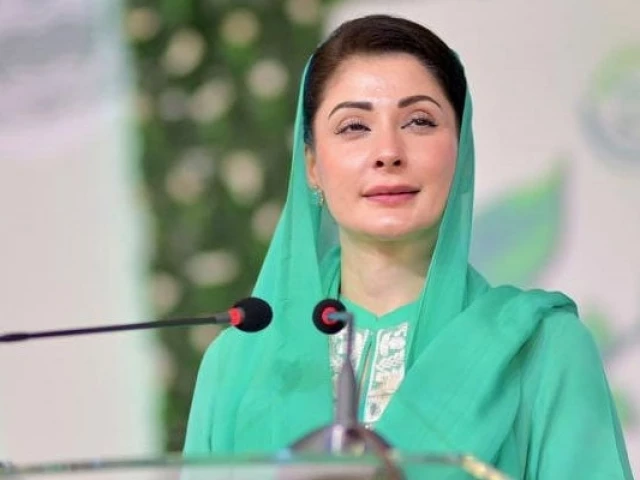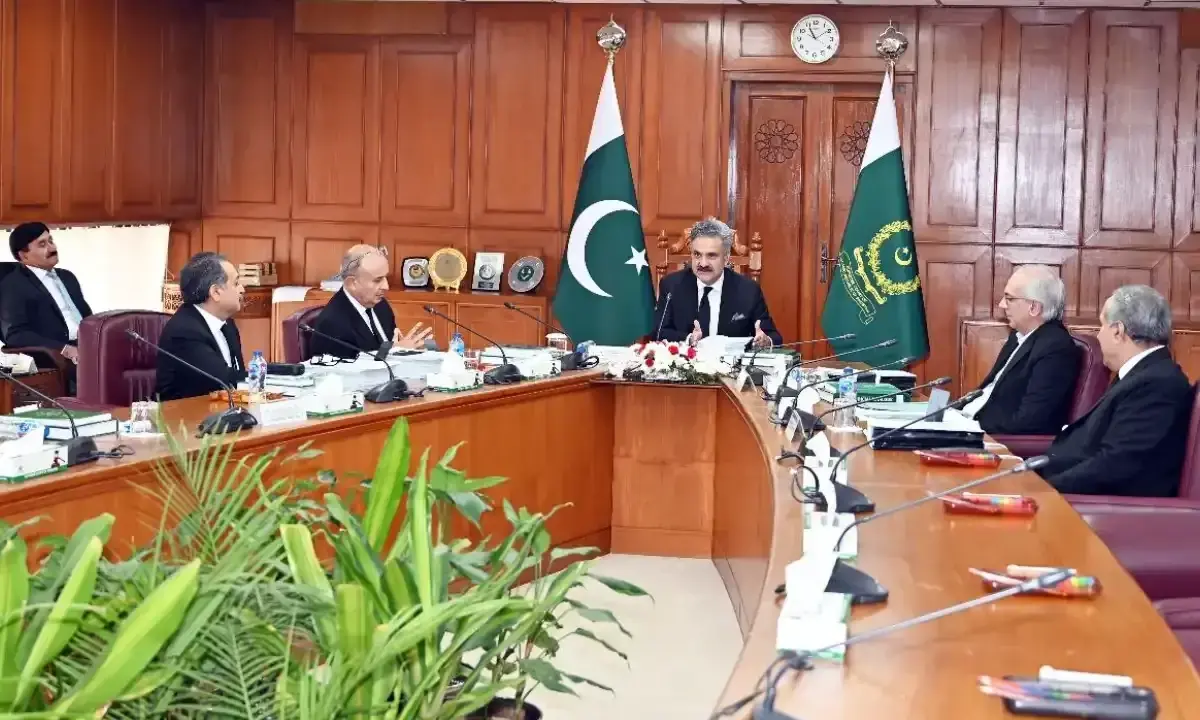LAHORE:
Pakistan Tehreek-e-Insaf’s (PTI) call for a countrywide wheel-jam…

Pakistan Tehreek-e-Insaf’s (PTI) call for a countrywide wheel-jam…

The Supreme Judicial Council (SJC) has convened a meeting on February 11 to review pending complaints against judges, official sources said on Monday.
Sources said the session will be held under the chairmanship of Chief Justice of Pakistan Yahya…